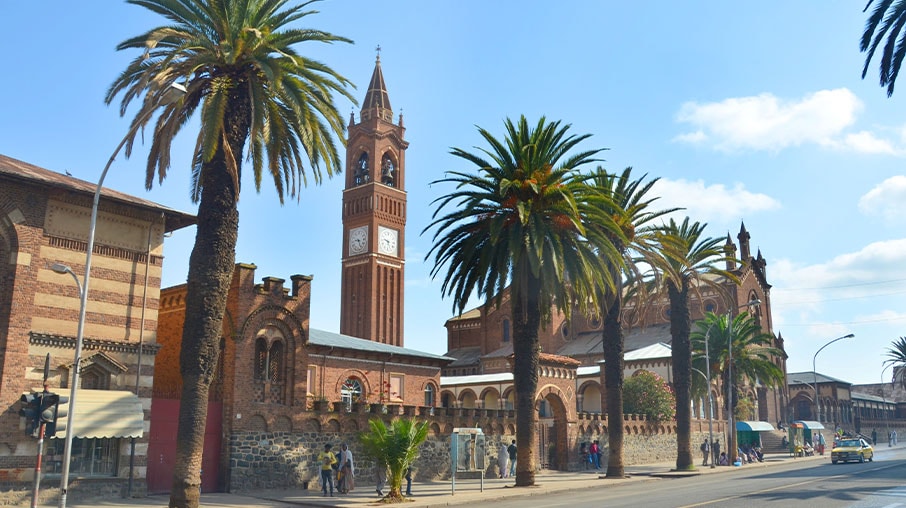Overview
Eritrea does not have a VAT system but rather sales tax. Sales tax was formally introduced through a proclamation in 1994, and is governed by the Sales and Excise Tax Regulation 64/1994, and its subsequent amendments and its regulations in 2001.
The sales tax applicable to services is referred to as services tax.
Release date: May 2023
Scope and applicable rates |
Sales tax is applicable on the supply of taxable goods and services and upon the importation of taxable goods and services. The applicable rates are as follows:
|
Registration |
| There is no registration threshold for sales tax in Eritrea. |
Basis of computation |
The basis of computing sales tax and services tax is:
|
Offsets/refunds |
| Sales tax is a final tax and setting off payables/ receivables is not possible. |

























